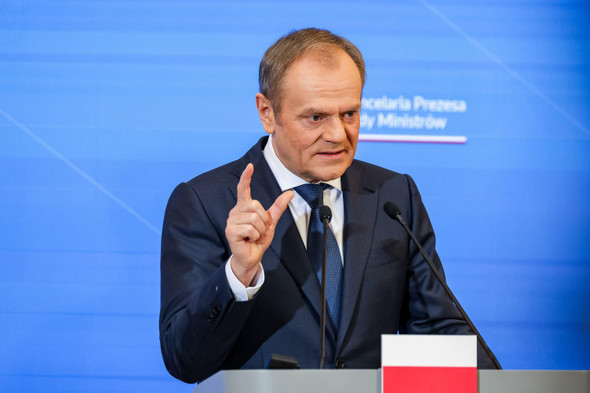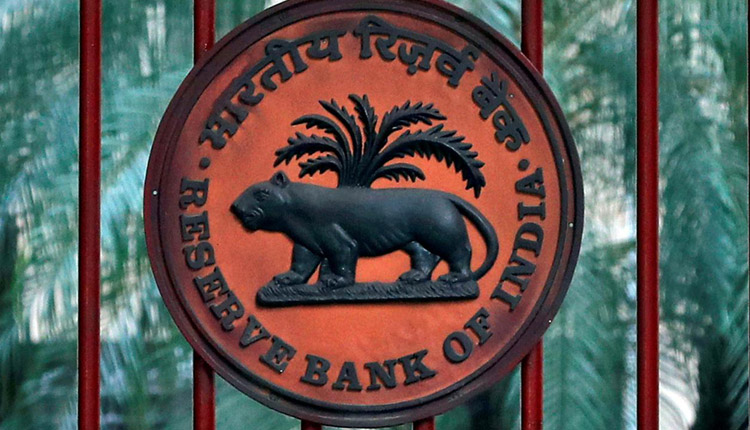Wall Street Awaits: Trump's Economic Impact
As Donald Trump returns to the White House, predictions for Wall Street involve tax cuts, deregulation, and inflation concerns. Explore the potential economic impacts of his presidency.
Published November 07, 2024 - 00:11am

Image recovered from dallasnews.com
With the surprising electoral victory, Donald Trump is set to return to the White House, bringing with him a mix of economic and financial policies that could significantly influence Wall Street. Investors are eagerly speculating how his proposed tax cuts, deregulation, and tariff implementations might unfold in the coming months.
During his campaign, Trump highlighted his commitment to reducing taxes, primarily targeting corporate taxes. While his previous tenure saw a cut in corporate tax rates from 35% to 21%, he now aims to decrease it further to 15% for companies manufacturing within the United States. Such tax reforms, if passed by Congress, are anticipated to boost corporate earnings, potentially elevating stock market sentiment. However, there are looming concerns regarding the impact on the federal deficit, already a focal point for many investors, as Trump's financial strategies are projected to add a substantial $7.75 trillion to national debt over the next decade, according to think-tanks like the Committee for a Responsible Federal Budget.
In the realm of tariffs, Trump proposes increasing tariffs by 10% across all imports and raising them by 60% for goods from China. This approach aligns with his previous administration's stance and is a key component in his economic strategy. While some suggest these tariffs could spur domestic growth by adding half a percentage point to the gross domestic product, others caution that they might subtract a quarter of a point, reflecting concerns of inflation and increased consumer prices.
Markets have historically reacted to Trump's policies with volatility. His 2016 election led to the so-called reflation trade, where investors betted on stimulative economic policies to revitalize sluggish growth. Although the economic climate has since evolved, with inflationary concerns persisting due to recent monetary policy measures, the market's reaction to Trump's win has been predominantly optimistic. This optimism is fueled by the perception of a pro-growth environment, even in the face of potential inflationary pressures.
The influence of a Trump administration is anticipated to manifest beyond direct financial policies. His communication style, characterized by frequent and often market-moving remarks, introduces an element of unpredictability into the financial ecosystem. Traders and investors remain on alert, wary of deciphering economic policy signals from noise.
The banking and finance sectors are particularly attentive to the ramifications of potential deregulation under Trump. His administration's emphasis on deregulating banking and newer fields like cryptocurrencies could reshape the landscape for financial institutions, impacting everything from compliance costs to innovation freedom. In tandem, the dollar and assets like bitcoin have already seen price fluctuations in anticipation of these policy shifts.
Despite the focus on domestic economic policies, global events and macroeconomic forces are predominately what drive market trends, with political developments such as these playing a subsidiary role. Nonetheless, Wall Street is keenly observing how the Trump administration's unique approach will dovetail with ongoing economic realities, including a stronger than expected U.S. economy, reporting an annual growth rate of 2.8% in the third quarter of 2024.
Businesses and investors alike are preparing for possible shifts in the Federal Reserve's interest rate policy, as wild cards like tariffs and tax cuts could reignite inflation concerns. The central bank's recent easing approach, following a series of rate hikes aimed at quelling inflation from four-decade highs, may require reevaluation should price pressures ascend once more.
As Trump's return draws nearer, financial analysts continue to speculate on the tangible effects his presidency may herald for the ever-turbulent waters of Wall Street. While uncertainty remains, one aspect is clear: the interconnectedness of political decision-making, global economics, and market dynamics will remain a focal point for both investors and policymakers in the months ahead. In the modern financial landscape, Trump's policies will likely redefine economic expectations and influence strategies, keeping Wall Street poised for new developments.







